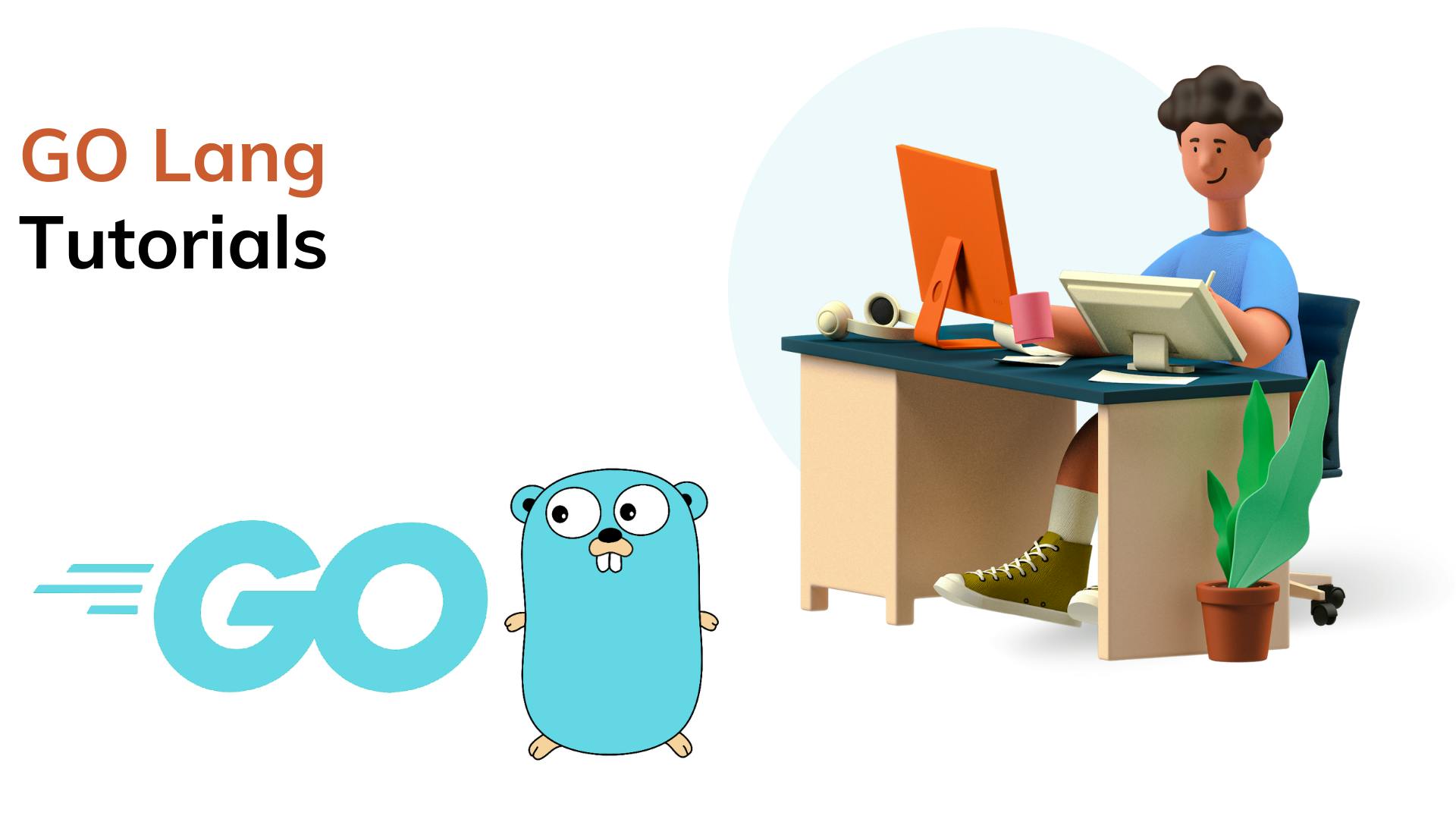How To Use Pointers In A Go Programming Language.
In Go, a pointer is a variable that holds the memory address of another variable. Pointers are used to refer to the memory location of a variable rather than its value. This can be useful when you need to pass a large amount of data between functions or when you want to modify the value of a variable from within a function. In this article, we'll cover the basics of using pointers in Go and provide some examples.

Creating a Pointer
To create a pointer in Go, you need to use the * symbol followed by the type of variable that the pointer will point to. For example, to create a pointer to an integer variable called x, you would use the following code:
var ptr *int
This creates a variable called ptr that holds the memory address of an integer variable.
Accessing the Value of a Pointer
To access the value of a pointer in Go, you need to use the * symbol followed by the name of the pointer variable. For example, to access the value of the pointer ptr in the example above, you would use the following code:
var x int = 10
ptr := &x // assign ptr to the memory address of x
fmt.Println(*ptr) // output: 10
In this example, we first create an integer variable called x with a value of 10. We then create a pointer variable called ptr and assign it to the memory address of x using the & operator. Finally, we use the * operator to access the value of the pointer ptr.
Modifying the Value of a Pointer
Pointers are often used in Go to modify the value of a variable from within a function. To modify the value of a pointer in Go, you simply need to assign a new value to the memory address that the pointer points to. For example, to modify the value of the integer variable x from the example above using a pointer, you would use the following code:
var x int = 10
ptr := &x // assign ptr to the memory address of x
*ptr = 20 // modify the value of x using ptr
fmt.Println(x) // output: 20
In this example, we first create an integer variable called x with a value of 10. We then create a pointer variable called ptr and assign it to the memory address of x using the & operator. Finally, we use the * operator to modify the value of x to 20.
Passing Pointers to Functions
In Go, pointers are often used to pass large amounts of data between functions. When you pass a pointer to a function, you're essentially passing a reference to the memory location of the variable rather than the value of the variable itself. This can be useful when you want to modify the value of a variable from within a function.
Here's an example of how to pass a pointer to a function in Go:
func modify(x *int) {
*x = 20 // modify the value of x using a pointer
}
func main() {
var x int = 10
ptr := &x // assign ptr to the memory address of x
modify(ptr) // pass ptr to modify function
fmt.Println(x) // output: 20
}
In this example, we first create an integer variable called x with a value of 10. We then create a pointer variable called ptr and assign.
Conclusion
Pointers are an important concept in the Go programming language. They allow us to refer to the memory location of a variable rather than its value, which can be useful in a variety of situations, such as passing large amounts of data between functions or modifying the value of a variable from within a function. To use pointers in Go, you need to create a pointer variable using the * symbol followed by the type of variable that the pointer will point to. You can then access the value of the pointer using the * operator and modify the value of the variable by assigning a new value to the memory location that the pointer points to. By understanding pointers, you can take your Go programming skills to the next level and write more efficient and flexible code.
I hope this helps, you!!
More such articles:
https://www.youtube.com/channel/UCiTaHm1AYqMS4F4L9zyO7qA
\==========================**=========================
If this article adds any value to you then please clap and comment.
Let’s connect on Stackoverflow, LinkedIn, & Twitter.
